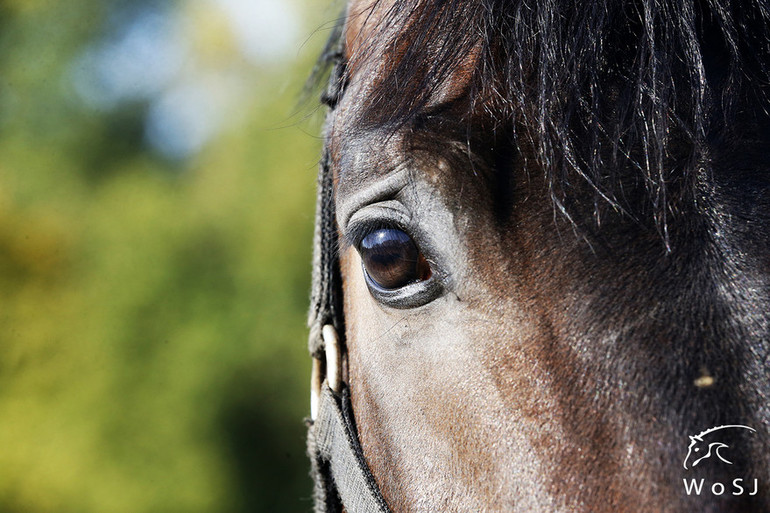The FEI Veterinary Epidemiology Working Group held the seventh of its weekly meetings on 29 April. The Group reviewed the current situation in mainland Europe and was briefed on the compliance and logistics/functioning of the Return To Competition measures. A draft proposal for the principles of declaring an outbreak of neurological EHV was reviewed as well as items for revision of the FEI Veterinary Regulations.
"Update on current outbreak
The group agreed that there was no increased risk to FEI events taking place during the past week.
They discussed two previously infected horses that had tested negative after their isolation and now tested positive again for EHV-1. Consideration was given to the challenges of interpreting these results which could be attributed to an issue with PCR testing or infection. They comfirmed that horses with positive results, despite high Ct values, should not attend events although they are unlikely to be contagious. Such results may be caused by residual nucleic acids which could be the start of viral reactivation and lead to shedding.
They further discussed the important role of Athletes in terms of the integrity of the process which relied on them to report positive results as well effective and correct sampling of their horse(s).
The Group determined that laboratories could not report positive results directly to the FEI unless the FEI submitted the samples. It was noted that the FEI would only have this level of jurisdiction where sampling took place at FEI Events.
Return to competition
The FEI Veterinary Director reported favourably on his recent visit to several equestrian events and the implementation of the Return to Competition measures.
The Group agreed the FEI needs to review the rules relating to in-contacts of positive cases attending competition and the impact this may have on very large stables.
The Group also recommended the FEI review the Equine Health Self-Certification Form in view of it being signed by a veterinarian instead of the athlete.
FEI Veterinary Regulations
A set of proposed changes to the 2022 FEI Veterinary Regulations were presented to the Group for discussion, namely:
- GPS for retrospective tracking of horse movements and recording stops at overnight stables on the journey to and from events.
- The one-week deadline for Veterinary Delegates to approve an event biosecurity plan.
- Inspection and approval processes for the cleaning & disinfection of stables before they are sealed.
- Equine Health Self-Certification Form: The group recommended body temperature should be recorded for 10 days in advance of the event rather than 5 and the form could be updated to declare an absence of clinical signs at a stables over a period of 21 days.
- Stabling of horses over consecutive weeks at FEI Events: The group was in favour of making improvements to stabling rather than imposing PCR testing. It was recommended that a review of the pre-event testing should take place with respect to the testing timeframe and positive cases with high Ct values.
- Vaccination: The group was in favour of giving advance notice to a possible introduction of mandatory vaccination. It was recommended that an independent scientific review including the advantages, disadvantages, risk, benefits and costs to riders and recommendations, should take place before introducing the rule since it is unclear if is protective against neurological EHV. A similar study took place before the introduction of mandatory equine influenza vaccinations in Ireland, France and Great Britain. A new EHV consensus statement was expected to be published in the near future.
- Limiting nose to nose contact: The group was in favour of horses from the same stable being in contact with each other when stabled in units and limiting physical contacts with horses from other stables. It was noted that the horse’s need for social contact would be beneficial in environments such as competition.
Discussion concerning biosecurity advice concerning serial sampling procedures at FEI events and defining and declaring an outbreak will take place at the next meeting, scheduled for Thursday 6 May 2021 at 14:00."









